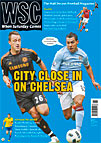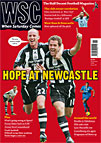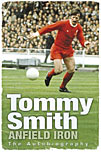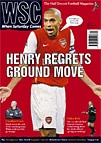 Ian Rands looks at the mixed results of the extensive efforts to export the Sheffield United brand around the world
Ian Rands looks at the mixed results of the extensive efforts to export the Sheffield United brand around the world
If I was to tell you that there is an English football club developing a global brand that currently encompasses five clubs on three continents, including the first foreign investment in a Chinese team, I suspect that Sheffield Utd will not be the first club that comes to mind. You might also be surprised to hear that other interests include sponsorship of an Indian football academy and an advisory role with the Syrian FA. Over the last four years this “global Blades family” has developed apace, but not without a few problems along the way and a lingering degree of cynicism among United fans.


 The Autobiography
The Autobiography